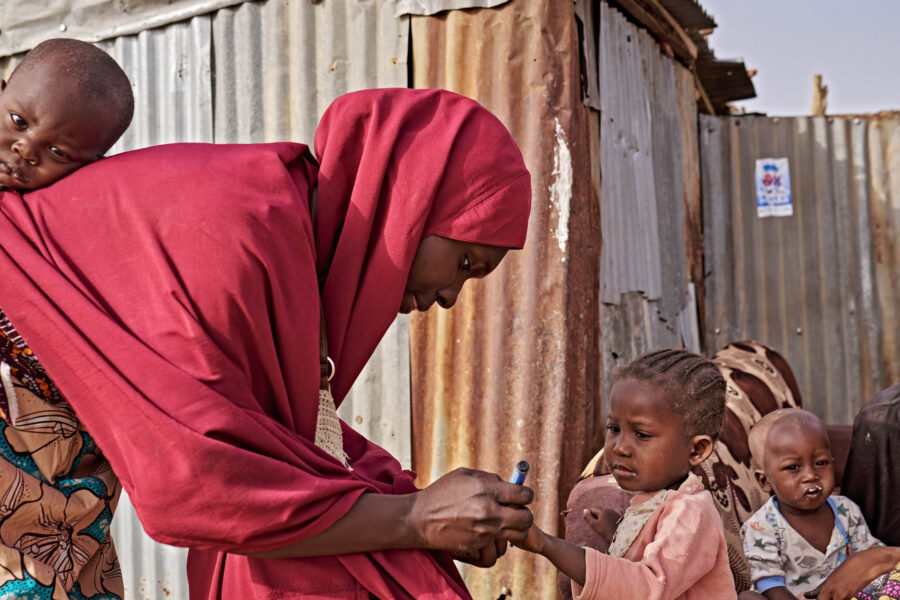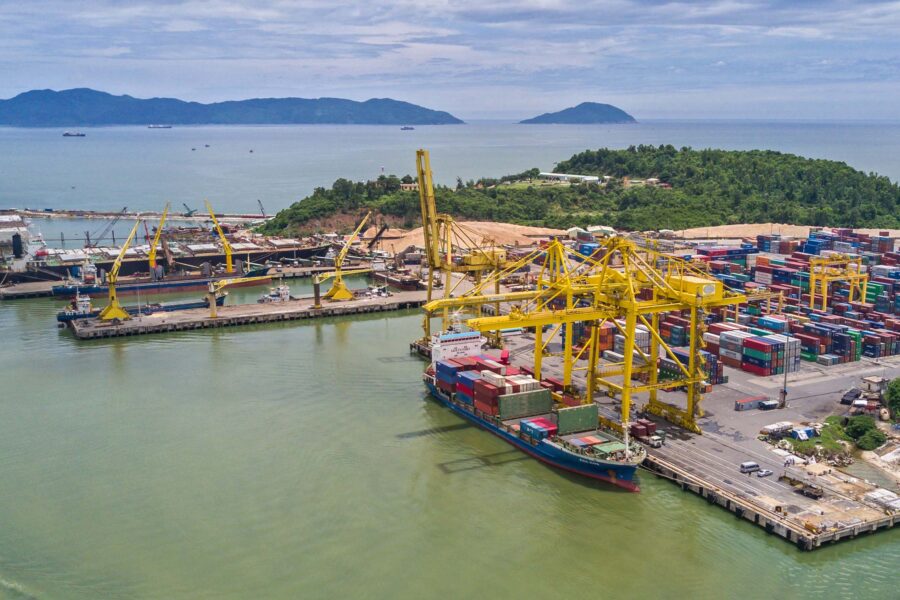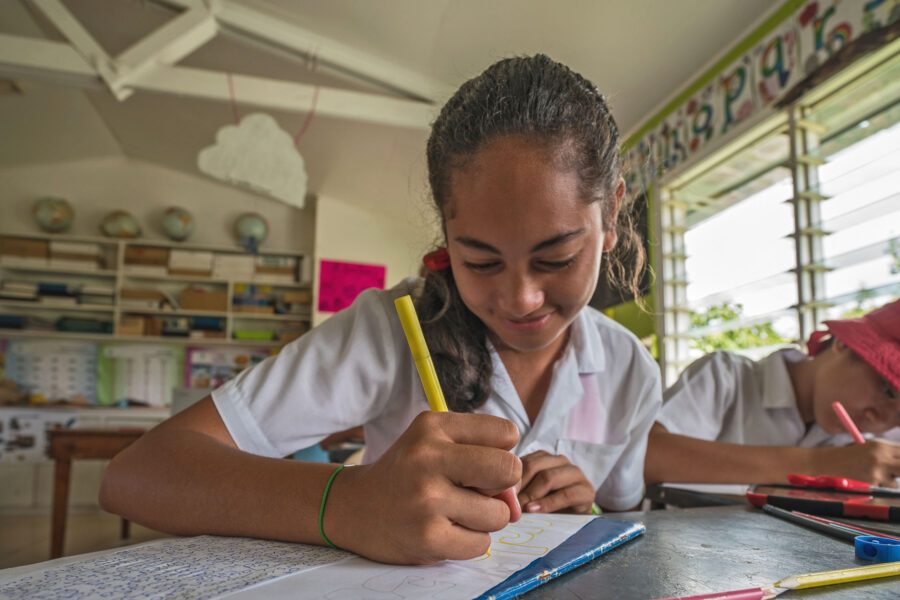Farming for the future
Origin Green is creating a template for sustainable food production in Ireland that is science-based and quantifiable
Food systems and sustainable agriculture — Europe
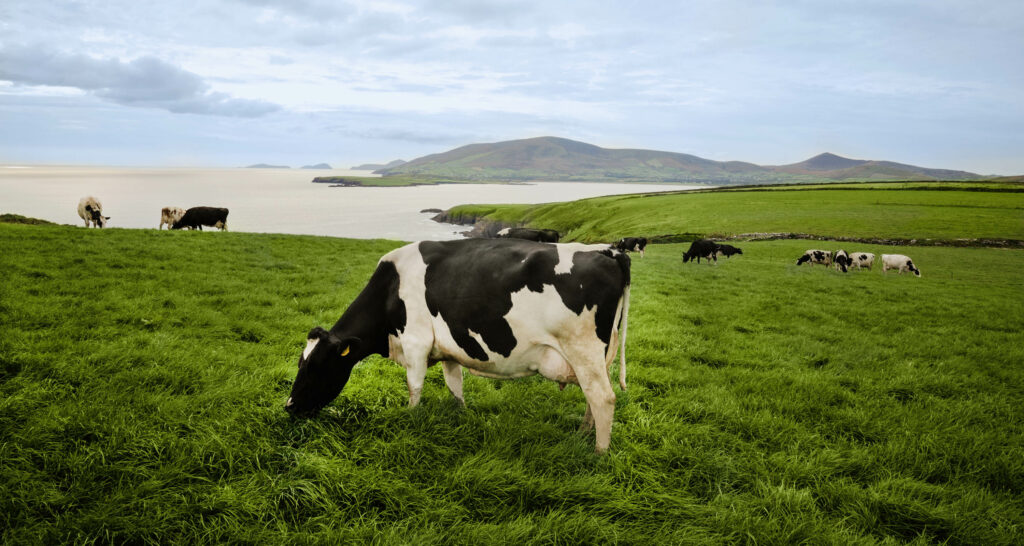
As we emerge from a challenging year, I am proud to see how our Origin Green members continue to innovate and develop their sustainability business plans, offering consumers more sustainably produced food and drink products.
Origin Green is Ireland’s food and drink sustainability program, driving sustainability improvements across the entire supply chain from farmers to manufacturers, to foodservice and retailers. Collaboration is at the heart of what we do, and it is critical to acting sustainably – recognized in #17 of the Sustainable Development Goals. Origin Green aligns with 15 of the 17 SDGs, and to further support this, Bord Bia (the Irish Food Board) became a UN Global Compact member in 2018.
Presently, we are six years on from the adoption of the SDGs in 2015 by all UN Member States and now have nine years remaining to achieve our ambitious targets. SDG #17, Partnership for the Goals, reiterates the importance of coming together to implement sustainable development. Partnership has always been part of Irish food production, small family farms mean that neighbors help one another – we even have a name in the Irish language for this, ‘meitheal’, meaning a team of mutually supporting workers.
Driving change
As a country with family farming traditions and lush green pastures, Ireland has a history of being recognized as sustainable. However, Origin Green strives to create proof-points behind that. The program connects all parts of the supply chain; 54,000 farms, 300 food producers (representing over 90% of our exports) the government, and international NGOs. Our mission is to prove and improve the sustainability of the food we produce to meet the evolving needs of global customers and consumers, while conserving our natural resources. Origin Green shows that Irish food and drink producers have a sustainability plan, that they are driving change, and that it is independently verified.
Our member companies have set over 2,400 sustainability targets. Throughout the country, over 100 independent auditors undertake 650 weekly assessments on farm as part of our Sustainable Assurance Schemes. The Origin Green program continues to play a pivotal role in evolving the advancement of the SDGs within the Irish food and drink industry.
We are going further by creating a cohort of future leaders in sustainability. This year will see the 50th Origin Green Ambassador appointed as part of our Talent Academy. Collectively these future leaders have undertaken over 100 projects with companies in 14 countries. We continue to evolve, most recently establishing the world’s first national grass-fed standard independently verifying the proportion of grass in our dairy and beef herds’ diet.
As we emerge from the Covid-19 pandemic and realize the realities of climate and biodiversity crises, we must all come together as a planet to advance Agenda 2030.
With the UN Food Systems Pre-Summit taking place this July, it is vital that, as food producers, we recognize our role and take the lead in transforming food production systems, making them more resilient and sustainable. Bord Bia’s ongoing development of the Origin Green program showcases our commitment to promoting the delivery of the SDGs within the Irish food and drink industry.
For more information, visit: www.origingreen.ie
About the sponsor
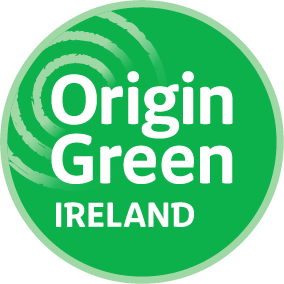
Headquartered in Dublin, Bord Bia supports the national and international ambitions of Irish food, drink and horticulture businesses.
Origin Green is the Bord Bia sustainability programme. It is the only one in the world which operates at a national level and which includes farmers and primary producers, processors and retailers working together and leading the way to create a better future for all involved.



